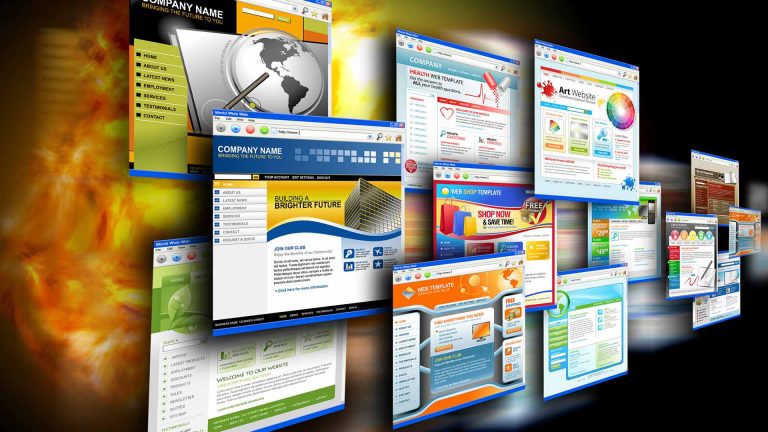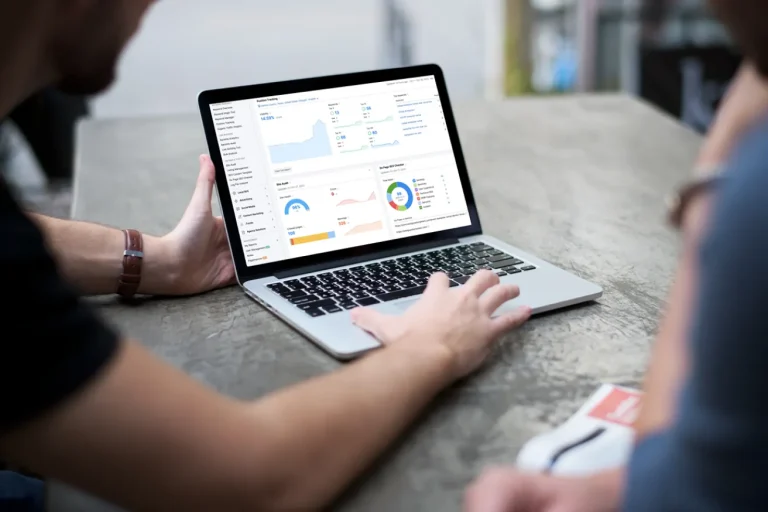Xamarin vs flutter: What’s the best one in 2023
It is difficult and complex to create mobile apps, such as Native Apps for Windows, Android, and iOS. To create a framework like Android and iOS, which are based on the Java language and the Objective-C/Shift language, respectively, various apps require different languages. According to the aforementioned need, programmers need to be fluent in every language in order to create a single framework. Good cross-platform mobile app development frameworks include Flutter or Xamarin. Which framework is so superior? When given the option to select one of two options, this is undoubtedly the question that many individuals ask. To address this query, we will outline the distinctions, features, and general comparison of Xamarin vs Flutter in this article.
What is Flutter?
Flutter is Google’s mobile UI framework for quickly producing beautiful interfaces for iOS and Android. Flutter functions with current code that is employed by developers and businesses. In addition, it is open source and completely free.

What is Xamarin?
The same developers behind Mono, Mono for Android, and MonoTouch founded Xamarin in May 2011 with the aim of deploying cross-platform applications with Common Language Infrastructure (CLI) and Common Language Specifications (Common called Microsoft .NET). So, using Xamarin capabilities, developers may create iOS and Android applications using the same C# code project.
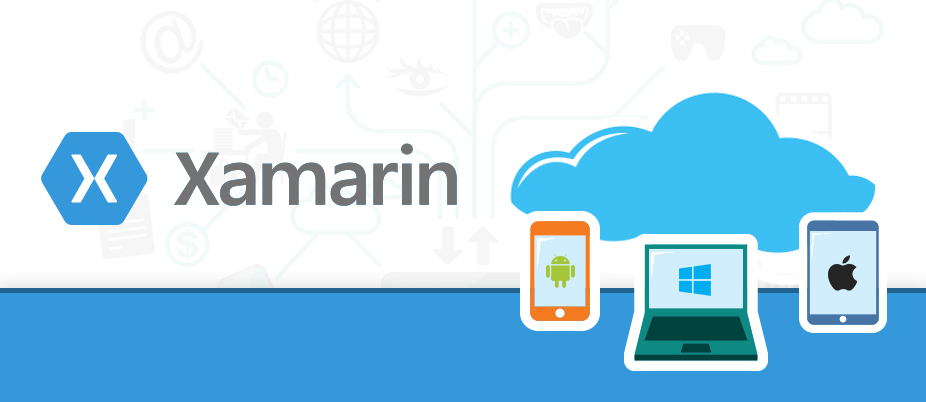
Difference between Flutter and Xamarin
Flutter
Flutter was developed by Google, and apps for it are written in the Dart programming language. Any IDE can be used with Flutter. No appropriate documentation—that is, no well-written documentation—is kept up to date. In comparison to Xamarin, it also has a low rate of code reuse.
Xamarin
Applications made with the C# programming language are called Xamarin, thanks to Microsoft. All IDEs are incompatible with Xamarin; only Visual Studio is supported. Compared to Flutter, it is properly formatted and documented. Above all, code reuse and support are significant higher and more significant.
Flutter Features
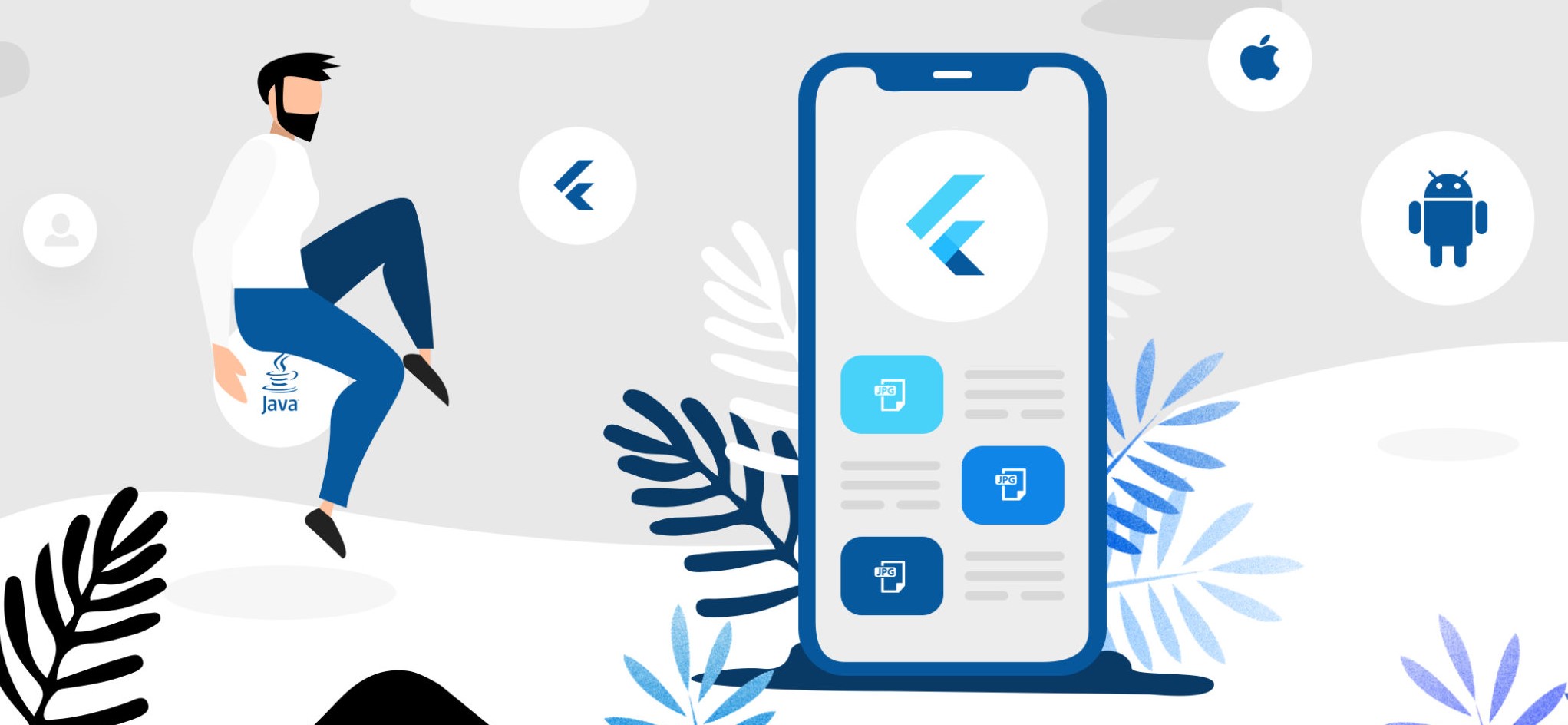
1. Simple and flexible development
The widget system makes it simpler to generate interactive parts when developing software.
2. Single language for development
Because Flutter solely supports the Dart language for program creation, developers’ tasks are made simpler.
3. Simplified Initial Setup
Flutter is incredibly practical and easy to install. So, to begin and build a new project, only the development IDE has to be installed.
4. Application execution speed
Since Flutter uses its own components, applications load and run incredibly quickly, resulting in the highest native quality possible for published applications.
5. Google Support
The Flutter documentation is simple to understand, even for experienced programmers.
Xamarin Features

1. Complete Binding for Basic SDK
For Android and iOS, Xamarin offers bindings for the full Basic Platform SDK.
2. Interaction between Objective-C, Java, C and C++
In Xamarin, libraries written in Objective-C, Java, C, and C++ can be directly invoked.
3. Language structure
Applications for Xamarin are created in C#. A contemporary language called C# was created to enhance Objective-C and Java.
4. Base Class Library (BCL)
The NET BCL, a sizable collection of classes with thorough and simplified features including Serialization, IO, XML, Database, Networking, and Stringing, is used by Xamarin applications.
5. Integrated development environment (IDE)
On Windows, Xamarin uses Visual Studio, and on Mac OS X, Xamarin Studio.
6. Mobile cross-platform support
The tool offers cross-platform support for iOS, Windows Phone, and Android, the top three mobile operating systems.
7. C# language
It is always optional because Xamarin only uses C# to build apps for all mobile platforms.
Which is better: Flutter vs Xamarin
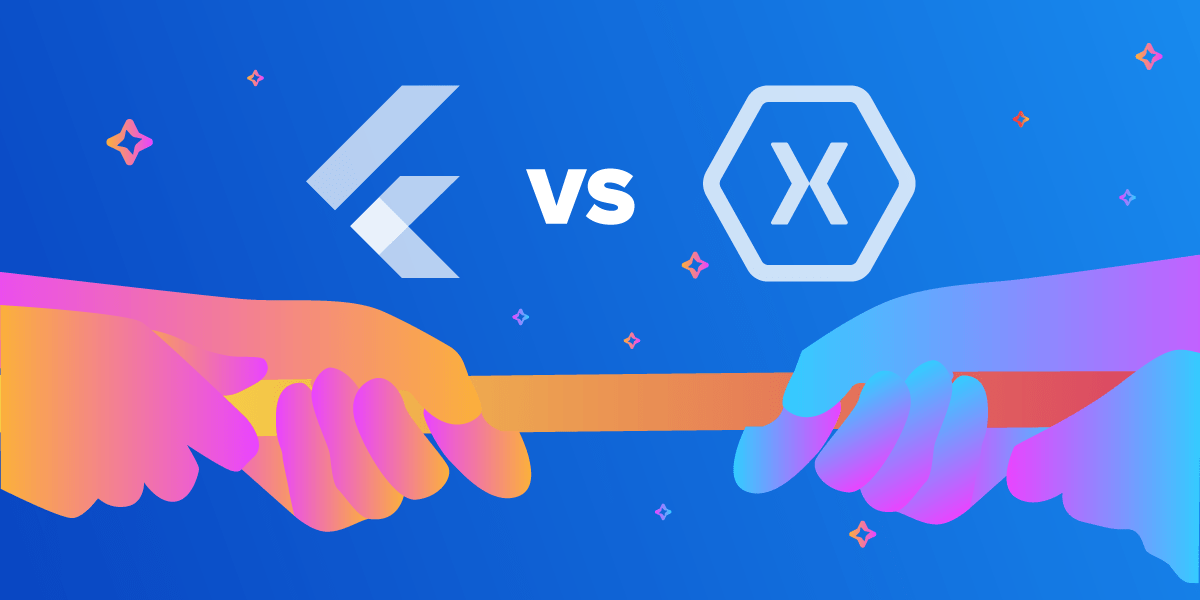
1. Project complexity
Testing and development must be given close attention in complex projects. In terms of project complexity, Flutter outperforms Xamarin.
2. Speed of development
Xamarin provides more effective and user-friendly development tools than Flutter.
3. Availability of developers
Since Flutter is the most well-liked and favored by most developers, it is simpler to locate Flutter developers than Xamarin developers.
4. Cost
Utilizing Xamarin for large-scale commercial development is more expensive than using Flutter. The license fee for the Microsoft Visual Studio IDE is another factor in the price of Xamarin.
From here, we see: The greatest options for cross-platform mobile development are Flutter and Xamarin. Xamarin and Flutter have numerous benefits, but they also have drawbacks. As a result, it is important to thoroughly analyze the project’s requirements before developing a framework.
Limitations of Flutter:
- Apps created with Flutter are bigger, take up more storage, and take a while to download or update.
- Neither Apple TV nor Android TV are supported by Flutter.
- In order to overcome the difficulty of coding, Flutter occasionally employs Java, C++, C#, and Objective-C.
- Because Flutter does not support third-party libraries, programming tasks are increased.
- For creating Flutter apps, there are no instructions available.
- Frameworks frequently undergo changes, which makes it challenging to maintain code over time.
Limitations of Xamarin:
- The main disadvantage of Xamarin is its price, as it is rather pricey.
- Some particular platforms are restricted by Xamarin’s open source nature.
- Only the.NET development stack can be used to run Xamarin-written code.
- Despite the enormous component stock that Xamarin has, a particular capability or integration that the platform does not offer is required in the building application.
- There may be issues when integrating third-party resources with Xamarin applications.
CONCLUSION
In short, Xamarin vs Flutter are reputable options for building frameworks. Each framework has benefits and drawbacks. For tech enthusiasts, Flutter offers some exciting features, but startups should give it cautious consideration. However, switching to Flutter is the best option if the firm already has a pool of technology that is suitable for its requirements and has a bigger budget for quick expansion.
At ONEXT DIGITAL, we specialize in mobile app development using various frameworks, including Xamarin and Flutter. We have a team of experienced and skilled developers who can create high-quality and user-friendly mobile apps for different platforms and devices. Whether you need a native, hybrid, or cross-platform app, we can help you achieve your goals and meet your expectations. Contact us today and let us know your requirements and preferences, and we will provide you with a customized solution that suits your needs and budget.
>> Read also


